dengue covid fever
How to Know if Your Fever is Due to Dengue or COVID-19? Doctors’ Speak
Fever is a common occurring during monsoon season, and before COVID-19 era, people often got sick with fever and were suspect either a viral or a seasonal illness. However, COVID-19 pandemic has changed the outlook of individuals towards fever. It has now become a compulsion for people to know about the cause of their fever. Fever in this ongoing monsoon season has also prompted doctor to consider other tropical diseases like dengue. Dengue, like COVID-19 is a viral illness and is associated with fever as the main symptom. Owing to several similarities between the two, COVID-19 has posed a greater challenge in diagnosing dengue this monsoon. Therefore, doctors also advice patients to get investigated these days for the cause of fever, however, without panic and fear. Stay monsoon ready with our Fever test panels. Find the exact cause of your fever here. Moreover, not only it is important to distinguish between COVID-19 and dengue, but it is also crucial to identify their coexistence as coinfection with these two diseases may alter the course of illness and can lead to severe complications. Although both dengue and COVID-19 are capable of causing severe illness, the clinical management for patients who develop a severe illness with either of these two diseases is different. Therefore, it is of utmost important to contact your doctor immediately, if you have fever this season. COVID-19 and dengue are considered very similar, especially within the first 24 to 48 hours from symptom onset. Both of the illness ranges from mild to moderate with common symptom of fever. CharacteristicsCOVID-19DengueType of illnessBoth are viral illnesses.CauseIt a respiratory illness caused by the virus SARS-CoV-2It is an illness caused by any of 4 types of dengue viruses, Dengue virus 1, 2, 3, and 4.TransmissionIt can be transmitted from person to person via respiratory droplets. An infected individual can spread it while coughing, sneezing, or talking.It is transmitted to people through the bites of infected Aedes species mosquitoes (mainly Ae. aegypti or Ae. albopictus species).Likelihood of getting infectedAlthough people are getting infected with different strains of SARS-CoV-2, reports are imprecise if antibodies created from a COVID-19 infection can provide protection against getting infected again.People who cannot follow physical distancing (living in closed small areas) or living or traveling to an area with uncontrolled community spread of virus are at an increasef risk of catching the infectionAn individual can be infected with a dengue virus multiple times in his lifetime.Period of incubationThe incubation period for COVID-19 was earlier considered up to 14 days, with a median of 4-5 days from exposure to start of symptoms.The incubation period for dengue ranges between 3-10 days, usually 5-7 days. Clinical Course Illness of both dengue and COVID-19 can range from mild to severe.Signs and SymptomsFever or chillsCough Sore throat Difficulty breathingFatigueBody acheHeadacheLoss of taste or smellCongestion or runny noseNausea or vomitingDiarrhea FeverMuscle painHeadache with eye painNauseaVomitingRashDecrease in disease-fighting cells in the blood Warning signs (Consult a doctor immediately)Difficulty in breathingPersistent pain or pressure in the chestNew confusionInability to wake or stay awakePale, gray, or blue-colored skin, lips, or nail beds, depending on skin toneStomach painVomiting (at least 3 times in 24 hours)Bleeding from the nose or gumsBlood in vomit or stoolFeeling tired, restless, or irritableSevere illnessSevere complications such as acute respiratory distress syndrome (ARDS) can develop in 8 to 12 days. Signs and symptoms for severe illness include: Dyspnea (Shortness of breath)Deficiency of oxygen reaching tissuesShock Pneumonia leading to respiratory failureMultiorgan system failure.In people with severe illness, rapid worsening may be seen within 48 hours after 3–7 days after fever onset. Signs and symptoms for severe illness include: Shock caused by plasma leakageFluid accumulation in lungsSevere bleeding with deficiency of platelets in the bloodSevere organ injury such as liver diseaseReduced consciousnessHeart diseases.Risk Factors for Severity of diseaseAge, especially individuals older than 65 years of ageMedical conditions including cardiovascular disease, diabetes, chronic respiratory disease, hypertension, stroke, liver disease, obesity, chronic lung disease, chronic kidney disease undergoing dialysis, or immunocompromised state such as HIV, cancer treatment, smoking, etc. Age (Small babies are more prone to illness)Dengue infection for second timeChildren and young adults are at greater risk for a second dengue infectionPatients with chronic medical conditions, including diabetes, asthma, or heart diseasePeople living or travelling in tropical areas. To summarize. Although the symptoms of COVID-19 and dengue overlap each other, the fever in dengue is usually accompanied with diarrhea, vomiting, joint pain, headache etc. On the other hand, you can experience the loss of smell and taste, difficulty in breathing, shortness of breath, sore throat, etc. when infected with COVID-19. You can check your oxygen saturation levels with the help of pulse oximeter, if the levels are reduced, it can be considered as a characteristic sign of COVID-19. However, always consult your healthcare provider to diagnose the disease accurately.
 Home Visit
Home Visit Upload
Upload




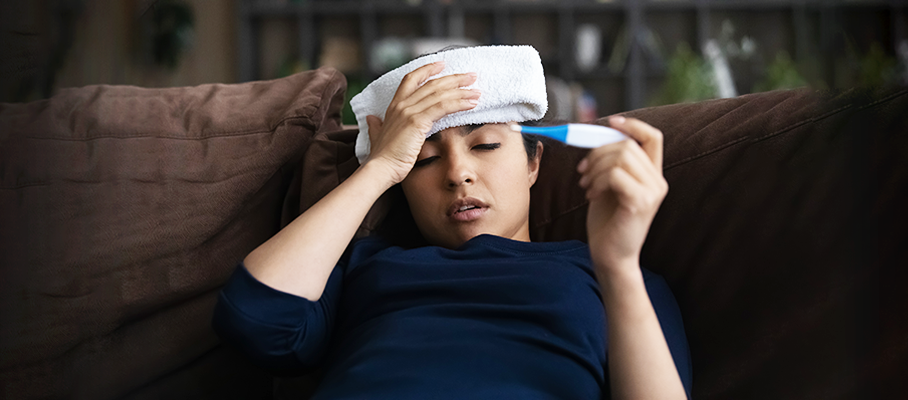






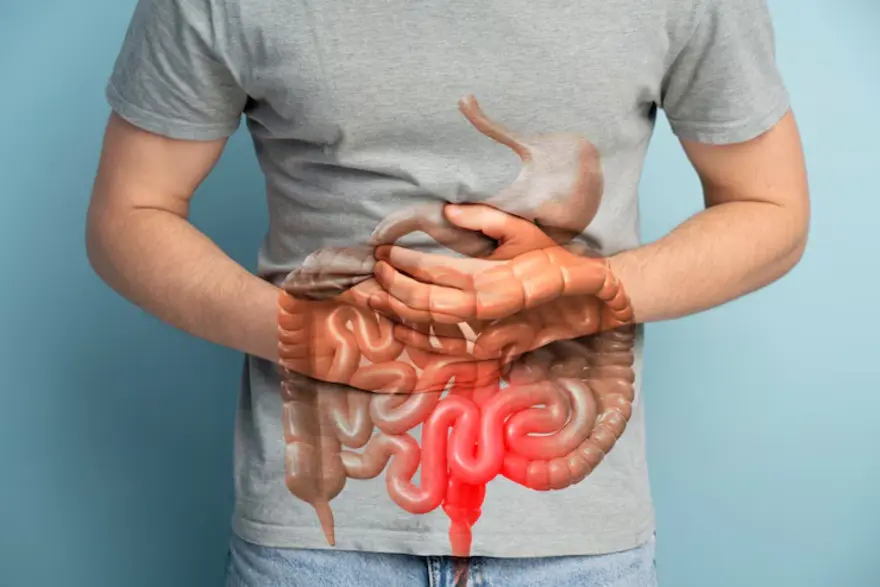
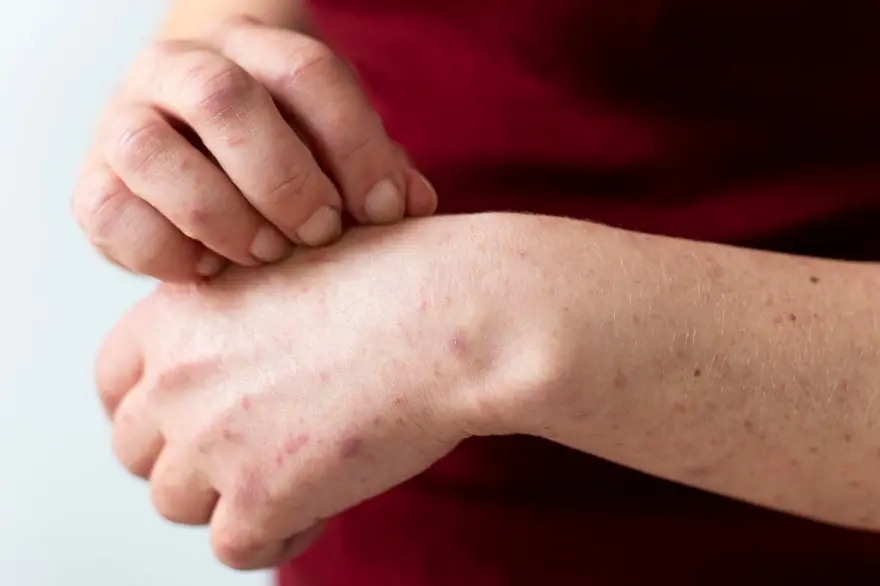
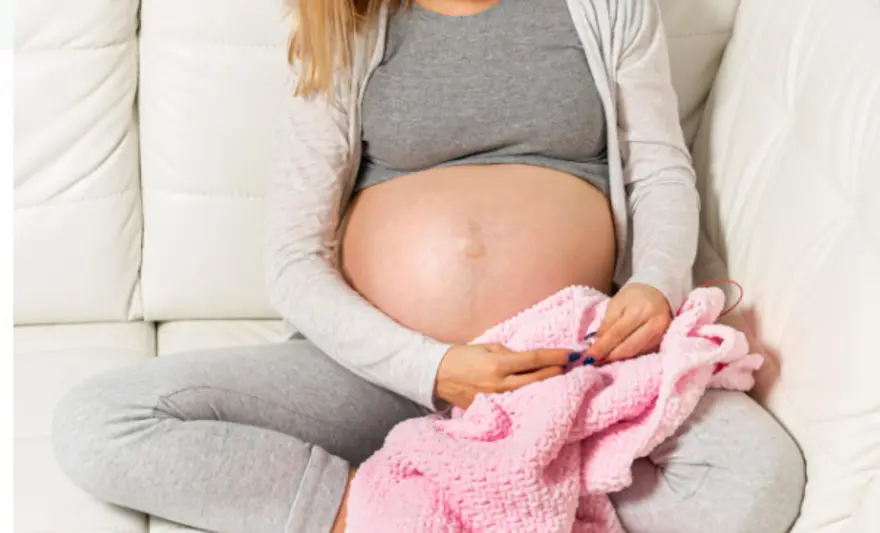
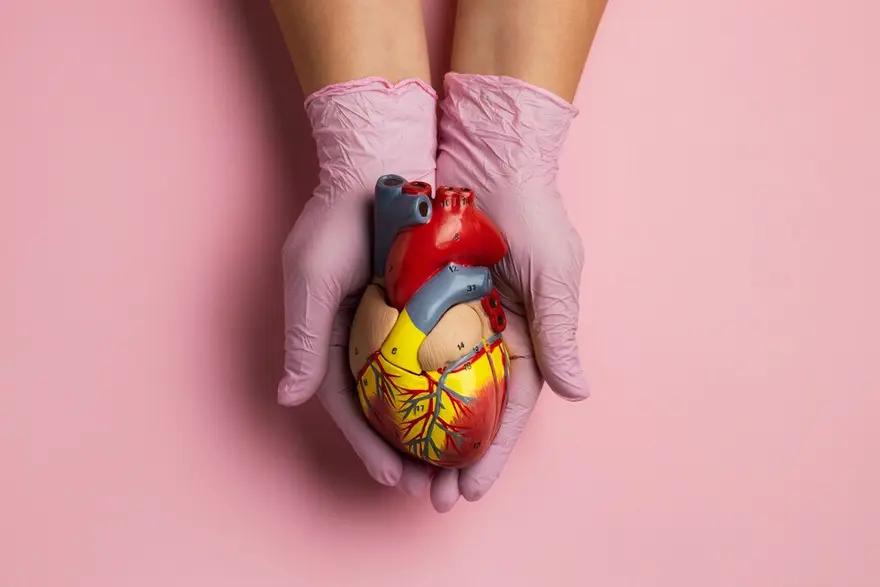
 WhatsApp
WhatsApp